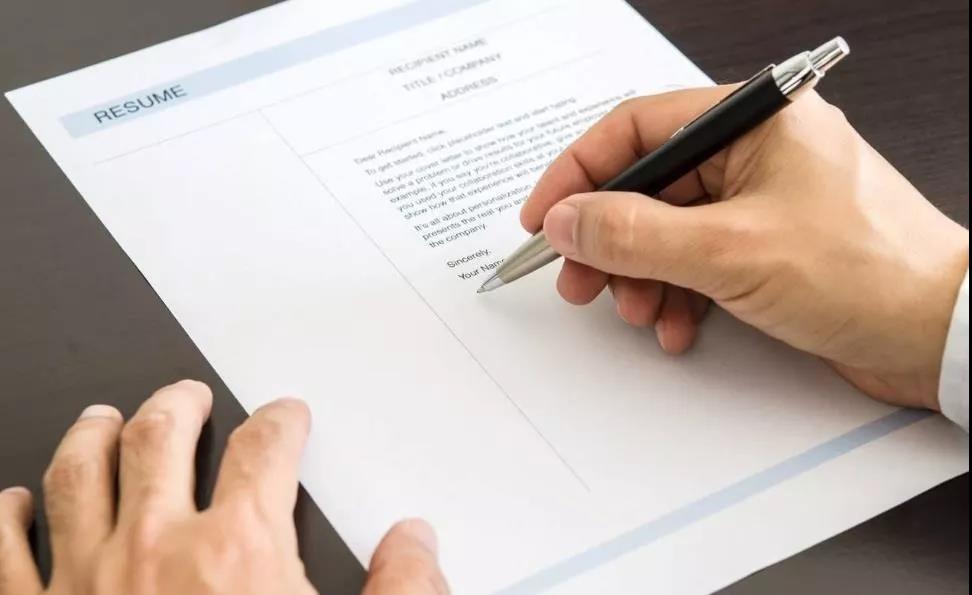2023年初中英语重点知识点的总结4篇
时间:2023-10-26 14:48:11 来源:勤学考试网 本文已影响 人 
初中英语重点知识点的总结宾语从句1、宾语从句的含义在主句中做宾语的从句叫做宾语从句。如:Sheknewthattheteacherhadseenthefil下面是小编为大家整理的初中英语重点知识点的总结4篇,供大家参考。

初中英语重点知识点的总结篇1
宾语从句
1、宾语从句的含义
在主句中做宾语的从句叫做宾语从句。
如:She knew that the teacher had seen the film.她知道这位老师看过这部电影。
“that the teacher had seen the film”做knew的宾语,同时又是由连接词that引导的从句,所以它叫做宾语从句。
2、宾语从句的分类
(1)动词宾语从句:顾名思义,它是位于动词后面的`宾语从句。
如:He asked whose handwriting was the best in our class.他问我们班上谁的书法最好。
(2)介词宾语从句:顾名思义,它是位于介词后面的宾语从句。
如:I agree with what you said just now.我同意你刚才说的话。
(3)形容词宾语从句:顾名思义,它是位于形容词后面的宾语从句。
如:I am afraid that I will be late.恐怕我要迟到了。
3、引导名词性从句的连接词
(1)that:没有含义,在宾语从句中不做成分
(2)whether/if:表示是否,在宾语从句中不做成分。
I don t know if /whether he still lives here after so many years.我不知道这么多年后,他是否还住在这里。
(3)连接代词:what, which, who, whom, whose(在宾语从句中做主、宾、表和定语)
连接副词:where, when, how, why(在宾语从句中做状语)
The small children don t know what is in their stockings.(what在宾语从句中做主语)这些小孩子不知道什么在他们的长筒袜里。
Could you tell me why you were late for the meeting this morning?(why在宾语从句中做原因状语)你能告诉我为什么你今天早上开会迟到吗?
4、在做宾语从句的题目时应注意两点
(1)时态:
①当主句是现在时态时,宾语从句可以根据需要使用任何时态。
I don t know when he will come back.我不知道他将何时回来。
He tells me that his sister came back yesterday.他告诉我他姐姐昨天回来了。
②当主句是过去时态时,宾语从句必须是一种过去的时态。
She asked me if I knew whose pen it was.她问我是否知道这是谁的钢笔。
He said that he could finish his work before supper.他说他会在晚饭前完成工作。
③当表示客观事实或普遍真理的句子做宾语从句时,任何时候都用一般现在时。
The teacher said that the earth goes round the sun.老师说过地球绕着太阳转。
(2)语序:任何从句都使用陈述句语序,宾语从句当然也不例外。
初中英语重点知识点的总结篇2
简单句的五种基本句型
1、“主语+谓语”(即“主谓”句型)
例:They arrived in Harbin yesterday morning.分析:“they”(主语)“arrived”(谓语)。
2、“主语+谓语+宾语”(即“主谓宾”句型)
例:I study English.分析:“I”(主语)“study”(谓语动作)“English”(宾语即动作涉及的对象)。
3、“主语+谓语+间接宾语+直接宾语”(即“主谓双宾”句型)
例:Our teacher taught us English.分析:“our teacher”(主语)“教”(谓语动作)“us”(间接宾语)“English”(直接宾语)。
4、“主语+谓语+宾语+宾语补足语”(即“主谓宾宾补”句型)
例:He asked her to go there.分析:“he”(主语)“asked”(谓语动作)“her”(宾语即动作涉及的对象)“to go there”(补语—补充说明宾语做什么)。
5、“主语+系动词+表语”(即“主系表”句型)
常用的系动词有be, keep,lie, remain, stand, become, fall, get, go, grow, turn, look, feel, seem, smell, sound, taste,等。
例:I am a teacher.分析:“I”(主语)“am”(系动词)“a teacher”(表语—即表明主语的身份)。
初中英语重点知识点的总结篇3
形容词/副词的比较级和最高级的构成规则
(1)单音节词和少数以-er,-ow结尾的双音节单词,比较级在后面加-er,最高级在后面加-est。
①单音节单词:small→smaller→smallest short→shorter→shortest
tall→taller→tallest great→greater→greatest
②少数以-er,-ow结尾的双音节单词:clever→cleverer→cleverest narrow→narrower→narrowest
(2)以不发音e结尾的单音节单词,比较级在原形后加-r,最高级在原级后加-st。
large→larger→largest nice→nicer→nicest able→abler→ablest
(3)以一个辅音字母结尾的闭音节(即:辅音+元音+辅音)单词中,先双写末尾的辅音字母,比较级加-er,最高级加-est。
big→bigger→biggest hot→hotter→hottest fat→fatter→fattest
(4)以“辅音字母+y”结尾的双音节词,把y改为i,比较级加-er,最高级加-est。
easy→easier→easiest heavy→heavier→heaviest
busy→busier→busiest happy→happier→happiest
(5)其他双音节词和多音节词,比较级在前面加more,最高级在前面加most。
beautiful→more beautiful→most beautiful
different→more different→most different
easily→more easily→most easily
(6)有少数形容词、副词的比较级和最高级是不规则的,必须熟记。
good→better→best well→better→best
bad→worse→worst ill→worse→worst
old→older/elder→oldest/eldest
many/much→more→most little→less→least
far →further/farther→ furthest/farthest
初中英语重点知识点的总结篇4
形容词和副词比较级的用法
(1)“甲+be+(倍数)+形容词比较级+than+乙”表示“甲比乙…”或“甲比乙…几倍”。
Tom is taller than Kate.汤姆比凯特高。
This room is three times bigger than that>这个房间比那个大三倍。
(2)“甲+实意动词+(倍数)+副词比较级+than+乙”表示“甲比乙…”或“甲比乙…几倍”。
I got up earlier than my mother this morning.我今天早晨起床比我妈妈还早。
He runs three times faster than his brother.他跑的速度比他弟弟快三倍。








